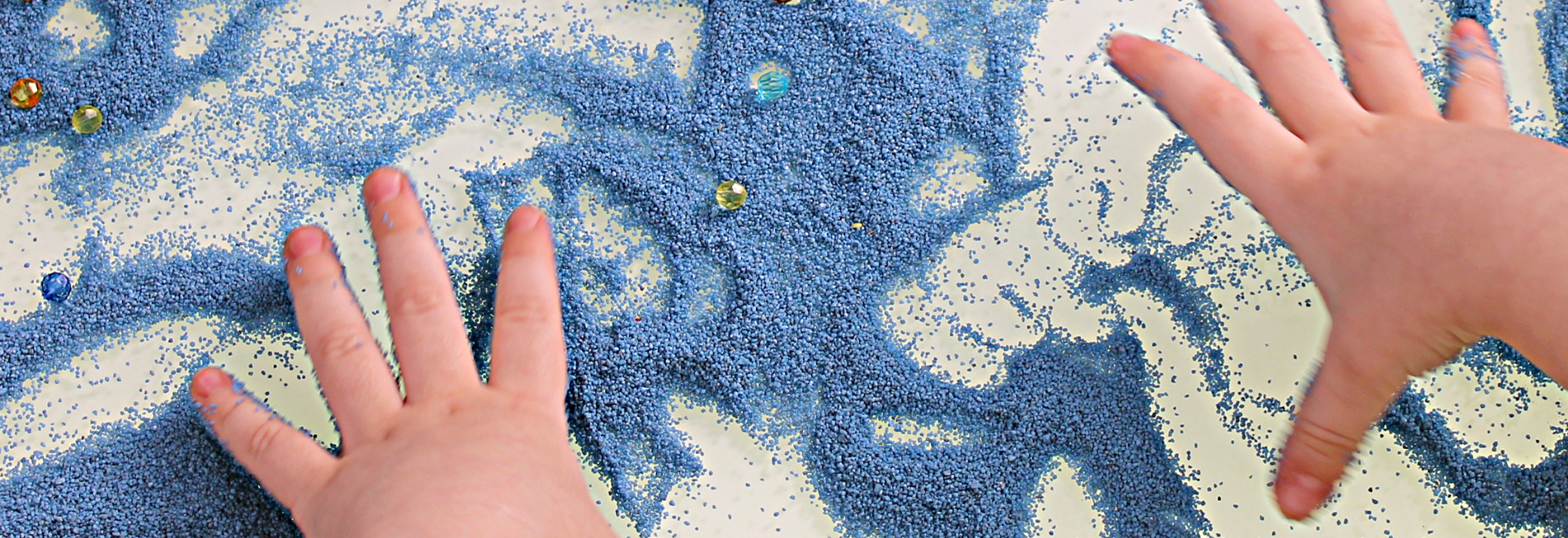SERVICES
Sandplay Therapy
Sandplay therapy is a therapeutic approach where clients use a tray of sand and miniature figures or symbols to express and explore their emotions, thoughts, and experiences. This non-verbal, symbolic method helps uncover and address unconscious issues and promote healing, guided by a trained therapist. It's effective for a variety of emotional and psychological challenges.
Call us
(571) 645-2222


